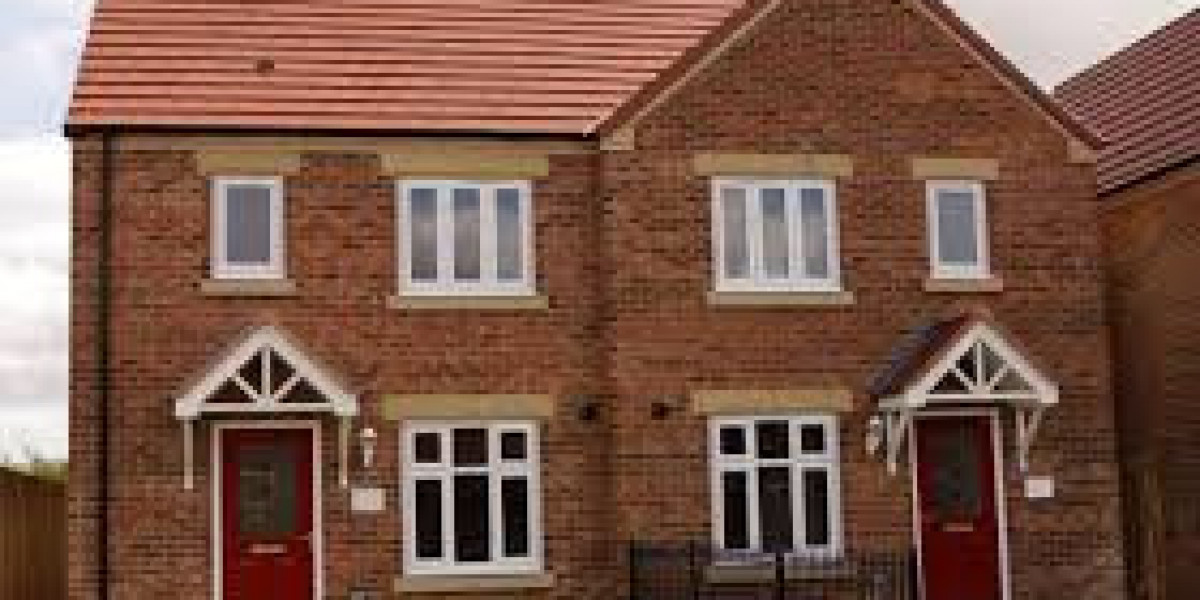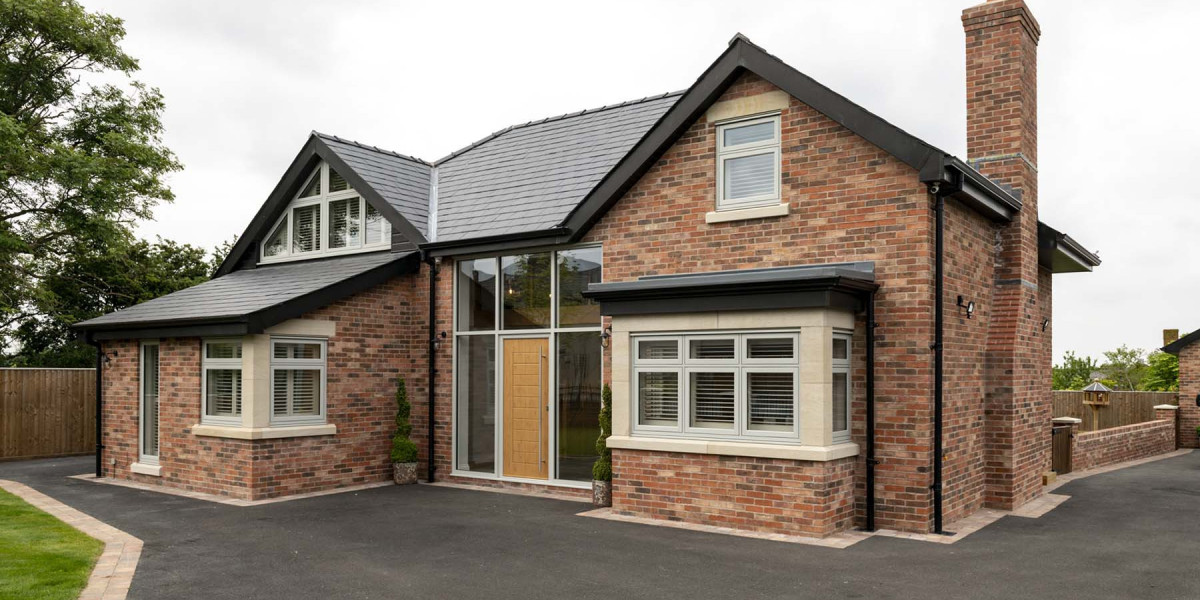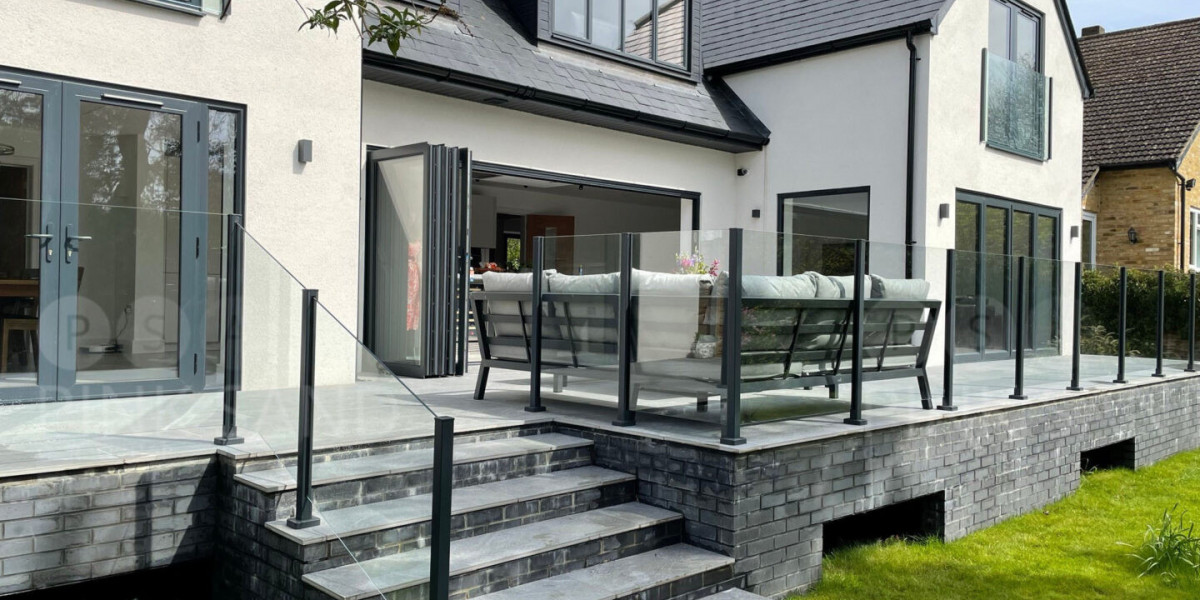Window replacement is a significant home improvement project that can enhance the aesthetics, energy efficiency, and value of a property. Whether you are dealing with old, drafty windows or simply looking to upgrade for better performance, understanding the process of window replacement is essential. This article will guide you through the key aspects of window replacement, including types of windows, benefits, the replacement process, and tips for choosing the right contractor.
Types of Windows
When considering window replacement, it's important to understand the different types of windows available. Each type offers unique features and benefits:
- Double-Hung Windows: These windows have two sashes that slide up and down, allowing for ventilation from both the top and bottom. They are easy to clean and come in various styles and materials.
- Casement Windows: Hinged on one side, casement windows open outward, providing excellent ventilation and unobstructed views. They are often more energy-efficient than double-hung windows because they seal tightly when closed.
- Sliding Windows: These windows consist of two or more sashes that slide horizontally. They are easy to operate and are ideal for areas where space is limited.
- Bay and Bow Windows: These are more decorative options that extend outward from the home, creating a nook inside. They can add character to a room and allow for more natural light.
- Picture Windows: Fixed windows that do not open, picture windows are designed to provide unobstructed views and allow maximum light into the home.
- Skylights: Installed in the roof, skylights can brighten up dark areas of your home and provide ventilation if they are operable.
Benefits of Window Replacement
Replacing windows can provide numerous benefits, including:
- Energy Efficiency: Older windows often lack proper insulation, leading to drafts and increased energy bills. New energy-efficient windows can significantly reduce heating and cooling costs.
- Improved Comfort: New windows can help maintain a consistent indoor temperature, reducing cold spots and drafts, thus enhancing overall comfort in your home.
- Increased Home Value: Upgrading your windows can improve your home's curb appeal and overall value, making it more attractive to potential buyers.
- Noise Reduction: Modern windows are designed to minimize noise from the outside, creating a quieter indoor environment.
- UV Protection: New windows can come with coatings that block harmful UV rays, protecting your furniture and flooring from fading.
- Enhanced Security: Newer window designs often include better locking mechanisms and stronger materials, providing increased security for your home.
The Window Replacement Process
The window replacement process can be broken down into several key steps:
- Assessment and Measurement: The first step is to assess the current windows and measure the openings accurately. This step is crucial for ensuring that the new windows fit properly.
- Choosing Replacement Windows: Based on your preferences and budget, select the type of windows that best suit your needs. Consider factors such as energy efficiency ratings, materials, styles, and colors.
- Preparing for Installation: Before installation, clear the area around the windows and remove any window treatments. If you have plants or landscaping near the windows, consider protecting them as well.
- Removal of Old Windows: The old windows will be carefully removed, taking care not to damage the surrounding structure. This may involve removing trim and siding.
- Installation of New Windows: The new windows will be installed according to the manufacturer's instructions. Proper installation is critical to ensure energy efficiency and prevent leaks.
- Sealing and Insulating: Once the new windows are in place, they will be sealed and insulated to prevent air and water infiltration. This step is essential for maximizing energy efficiency.
- Finishing Touches: After installation, any necessary trim work will be completed, and the area will be cleaned up. This may also include painting or staining the trim.
Choosing the Right Contractor
Selecting the right contractor for your window replacement project is crucial for a successful outcome. Here are some tips to help you choose a reliable professional:
- Research: Look for contractors in your area with good reviews and ratings. Websites like Angie's List, Yelp, https://programminginsider.com/let-the-light-in-how-to-choose-the-right-new-windows-for-your-harpenden-home/ or the Better Business Bureau can provide valuable insights into a contractor's reputation.
- Get Multiple Quotes: Obtain quotes from at least three contractors to compare pricing, services offered, and timelines. Be wary of quotes that seem too low, as they may indicate subpar materials or workmanship.
- Check Credentials: Ensure that the contractor is licensed, insured, and bonded. This protects you from liability in case of accidents during the installation process.
- Ask for References: Request references from past clients to gauge the contractor's reliability and quality of work.
- Review Contracts Carefully: Before signing a contract, read it thoroughly to understand the scope of work, payment terms, and warranty information.
- Communication: Choose a contractor who communicates clearly and promptly. Good communication is essential for a smooth project.
Conclusion
Window replacement is a worthwhile investment that can enhance your home's energy efficiency, comfort, and value. By understanding the types of windows available, the benefits of replacement, the installation process, and how to choose the right contractor, you can make informed decisions that will lead to a successful window replacement project. Whether you're upgrading for aesthetics or functionality, new windows can transform your home for the better.







